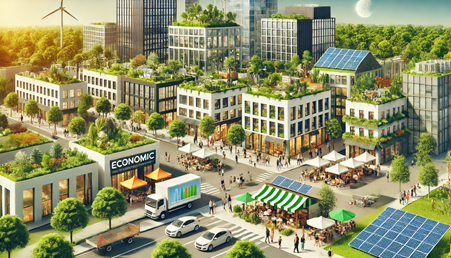 What are the benefits of integrating green infrastructure into city designs?
What are the benefits of integrating green infrastructure into city designs?
Integrating green infrastructure into city designs offers a wide range of benefits that contribute to environmental sustainability, social well-being, and economic growth.
 What barriers exist to public engagement on climate issues, and how can they be addressed?
What barriers exist to public engagement on climate issues, and how can they be addressed?
There are several barriers to public engagement on climate issues, ranging from psychological and cognitive factors to political, economic, and social challenges.
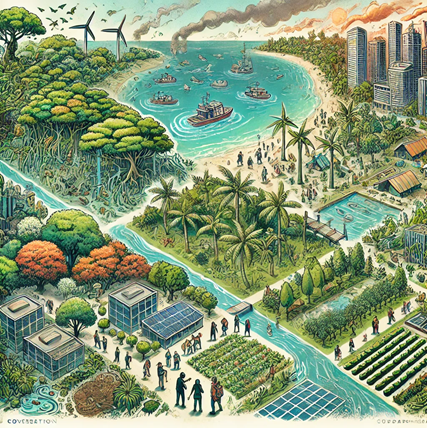 What lessons can be learned from successful climate adaptation projects?
What lessons can be learned from successful climate adaptation projects?
Successful climate adaptation projects offer valuable lessons that can guide future efforts to address the challenges posed by climate change. These lessons often involve the integration of local knowledge, long-term planning, community engagement, and the use of innovative technologies.
 What role do youth movements like Fridays for Future play in climate advocacy?
What role do youth movements like Fridays for Future play in climate advocacy?
Youth movements like Fridays for Future (FFF) play a pivotal role in climate advocacy by amplifying awareness, driving global mobilization, and pressuring political leaders and businesses to take stronger, more urgent action against climate change. These movements are driven by the energy, passion, and activism of young people who are profoundly concerned about the long-term impacts of climate change on their futures.
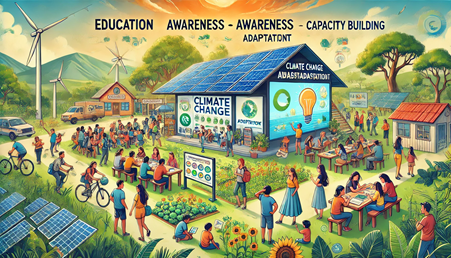 What strategies are most effective in helping communities adapt to climate change?
What strategies are most effective in helping communities adapt to climate change?
Communities around the world are facing the growing threat of climate change, and adapting to its impacts is essential for resilience and long-term sustainability. Effective strategies for adaptation address both immediate and future climate-related risks, focusing on mitigating the effects of climate change while also enhancing social, environmental, and economic resilience.
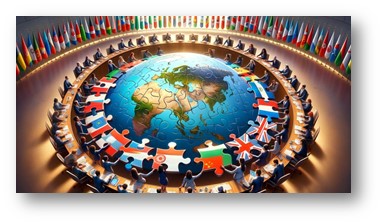 The Shifting Alliances in a Multipolar World
The Shifting Alliances in a Multipolar World
In a multipolar world, power is distributed among several influential nations or blocs, as opposed to being dominated by one (unipolar) or two (bipolar) superpowers. This setup leads to dynamic and shifting alliances based on strategic interests, as countries adjust their foreign policies to navigate this complex landscape.
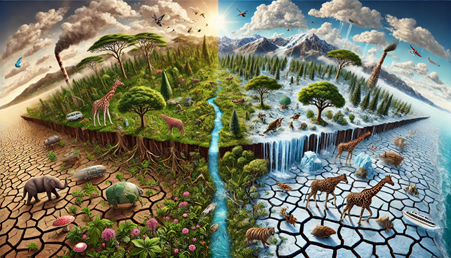 How does the decline in species diversity affect human health and economies?
How does the decline in species diversity affect human health and economies?
The decline in species diversity, or biodiversity loss, has profound consequences for human health and economies. As ecosystems lose species, the essential functions they provide—such as clean air, water, food, medicine, and climate regulation are diminished, which in turn impacts human well-being.
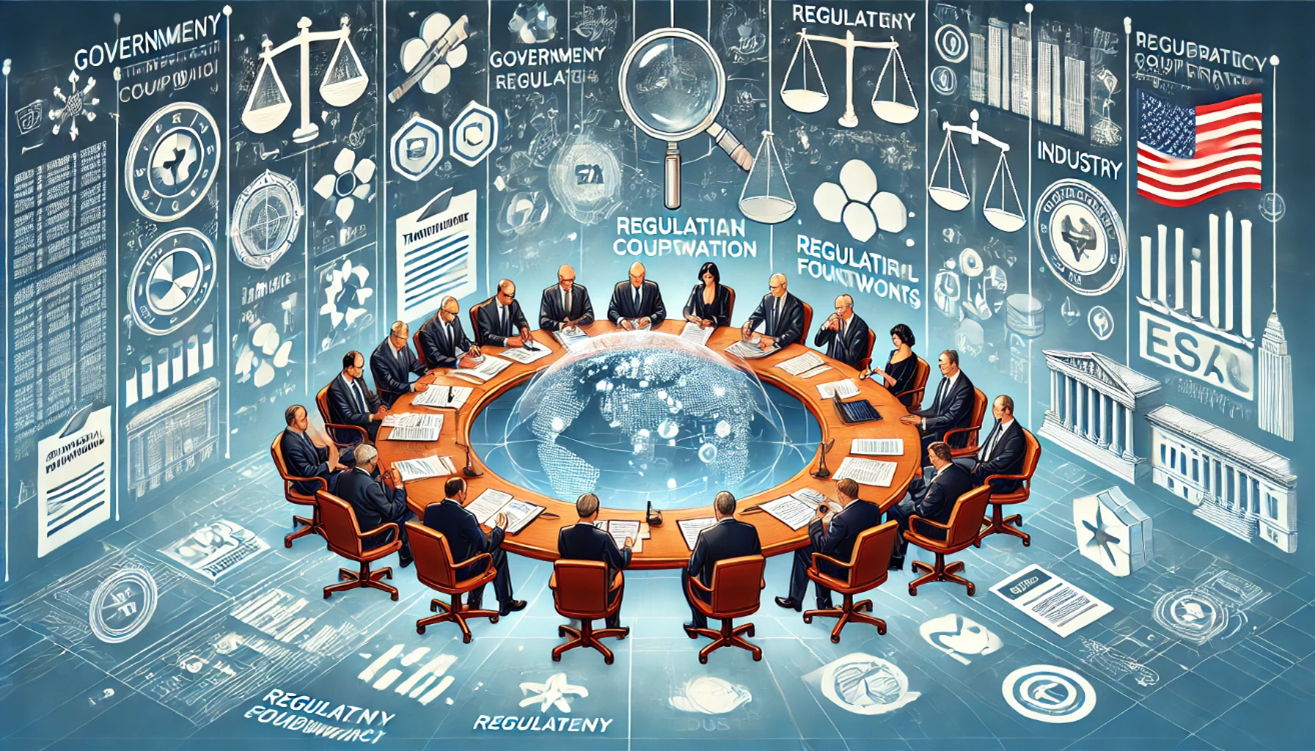 How can countries resolve trade disputes without escalating into economic conflict?
How can countries resolve trade disputes without escalating into economic conflict?
Resolving trade disputes without escalating into economic conflict is crucial for maintaining global stability, promoting cooperation, and ensuring sustainable economic growth. Countries can use a variety of diplomatic, legal, and policy-based approaches to address trade disagreements constructively.
 How has the rivalry between the U.S. and China shaped modern geopolitics?
How has the rivalry between the U.S. and China shaped modern geopolitics?
The rivalry between the United States and China has become one of the most defining features of modern geopolitics, influencing global power dynamics, trade, security, technology, and international relations.
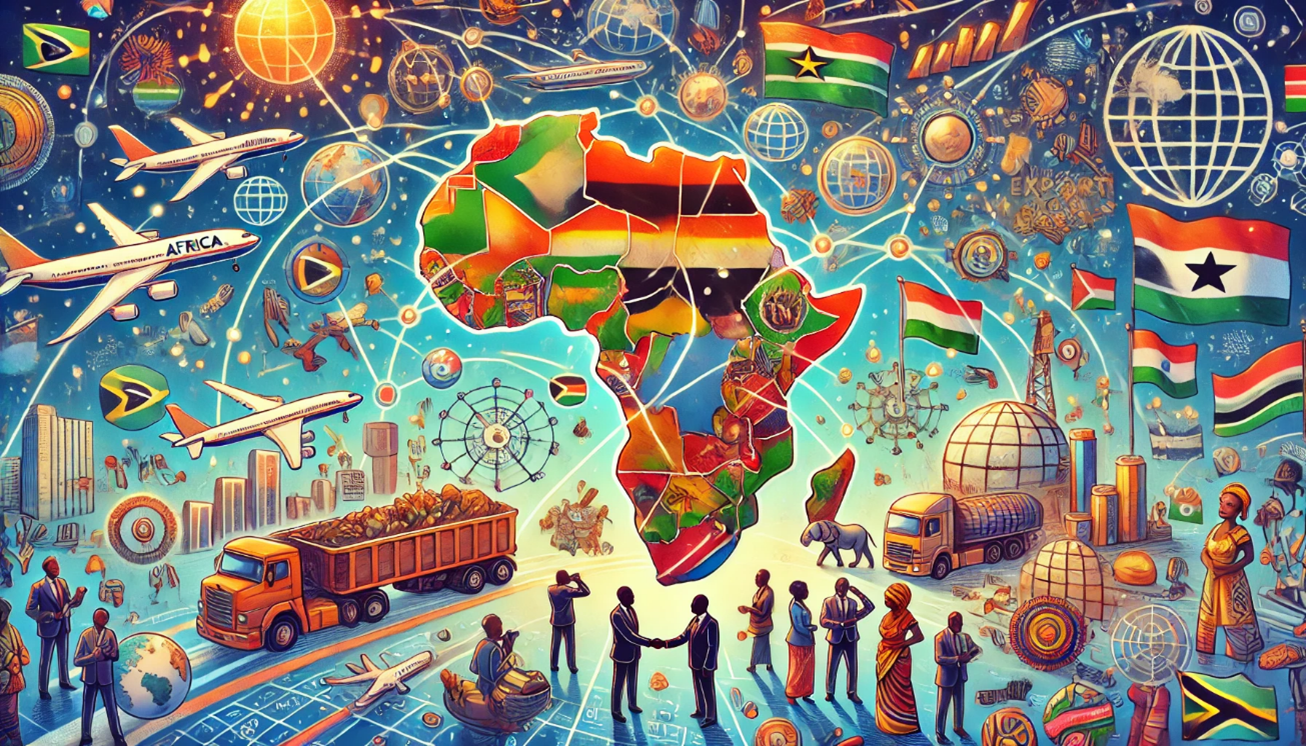 The African Continental Free Trade Area (AfCFTA) aim to enhance regional economic integration
The African Continental Free Trade Area (AfCFTA) aim to enhance regional economic integration
The African Continental Free Trade Area (AfCFTA) is a landmark initiative aimed at enhancing regional economic integration across the African continent. Signed in 2018 and launched in 2021, AfCFTA seeks to create a single market for goods and services, promoting intra-African trade, boosting industrialization, and improving economic development.
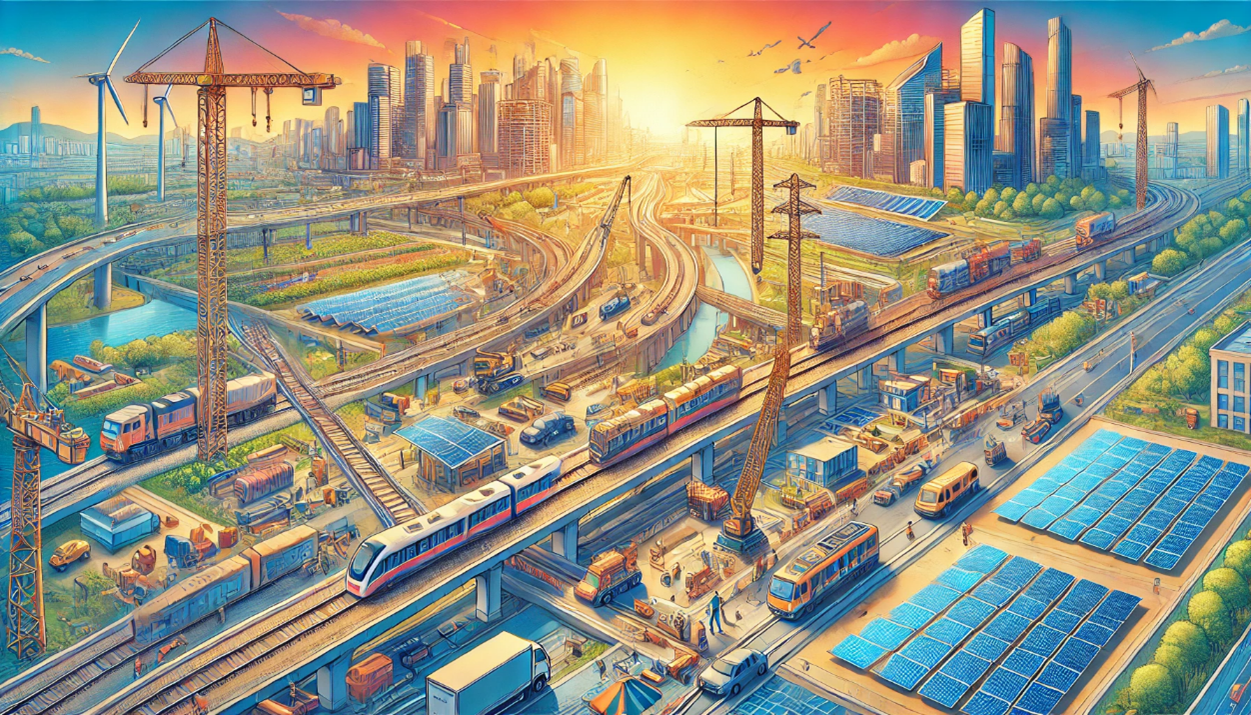 What are the key drivers of economic growth in African nations?
What are the key drivers of economic growth in African nations?
The economic growth of African nations is influenced by a variety of factors that vary across the continent, given the diversity of its economies, cultures, and natural resources. However, several key drivers consistently contribute to economic growth in many African nations.
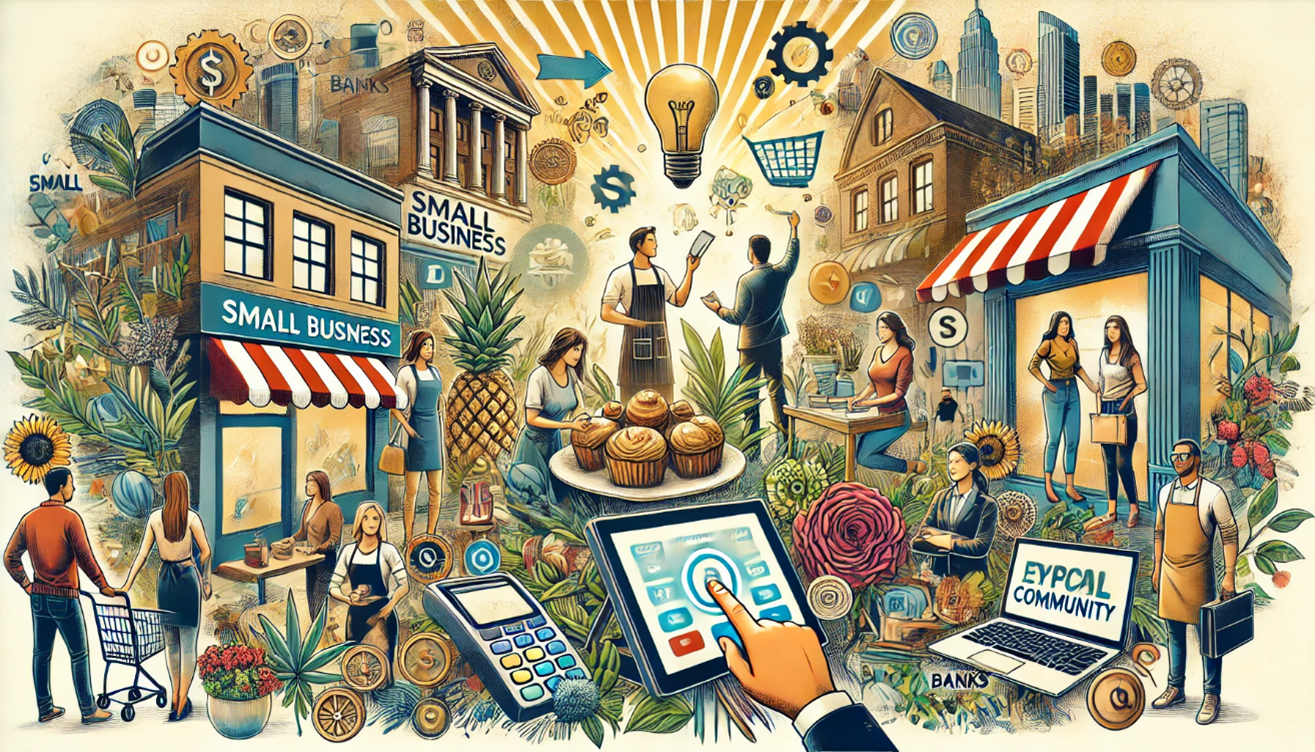 Can fintech solutions improve financial inclusion in underdeveloped regions?
Can fintech solutions improve financial inclusion in underdeveloped regions?
regions? Yes, fintech solutions have the potential to significantly improve financial inclusion in underdeveloped regions, where traditional financial infrastructure is often lacking, and access to banking services is limited. The adoption of fintech can overcome these barriers, offering new ways to access financial products and services for underserved populations.
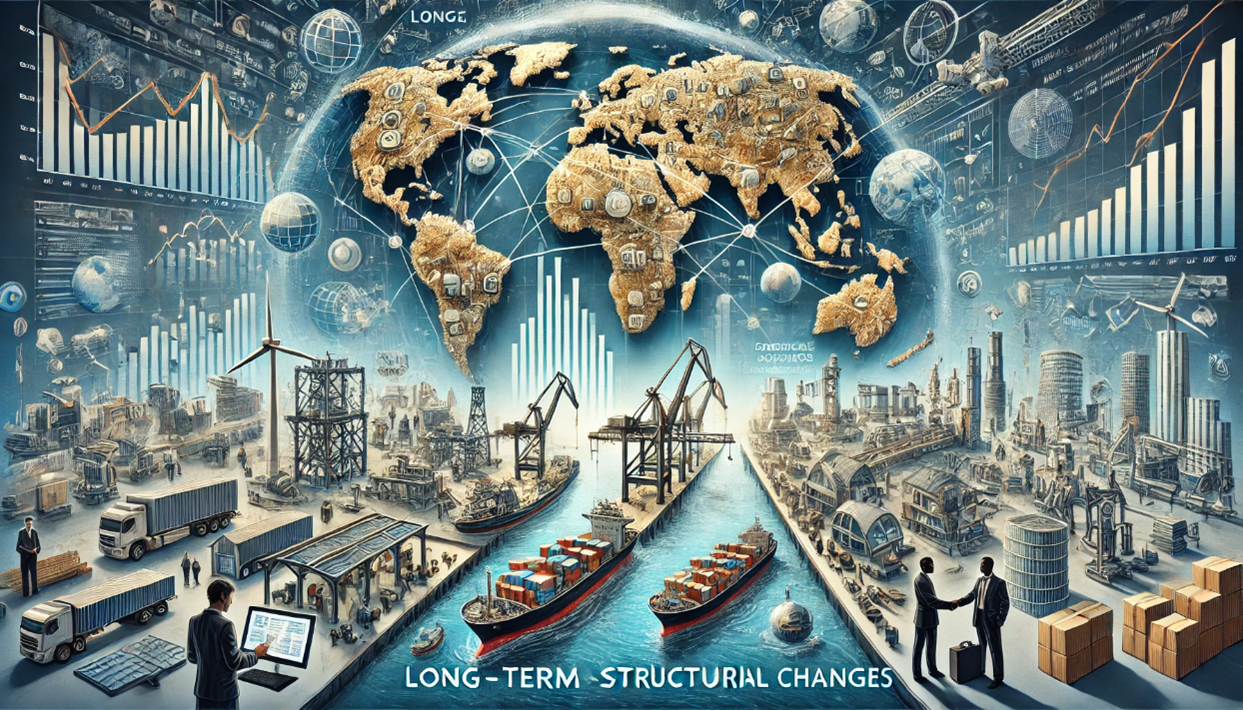 How do trade wars influence global supply chains and economic development?
How do trade wars influence global supply chains and economic development?
Trade wars have a significant and often disruptive impact on global supply chains and economic development. These conflicts arise when countries impose tariffs, quotas, or other trade barriers on each other, typically in an attempt to address trade imbalances, protect domestic industries, or retaliate against perceived unfair trade practices.
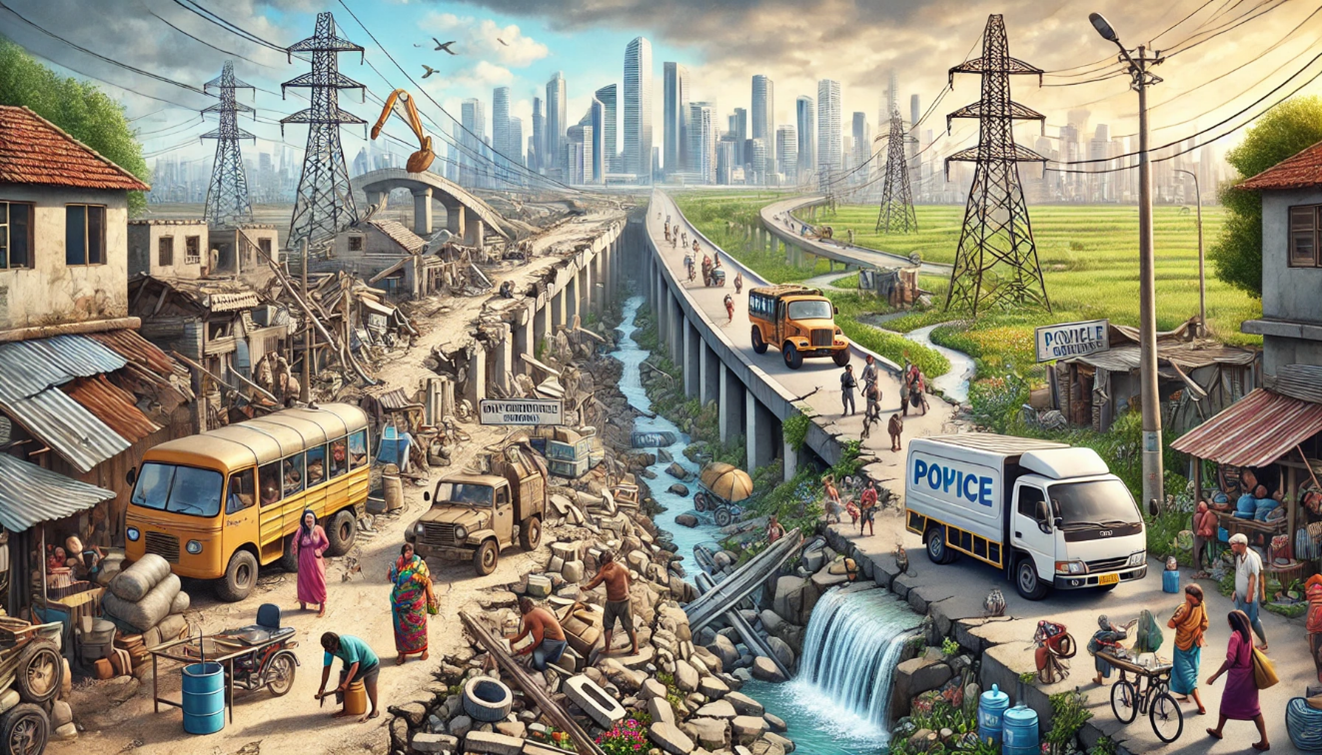 What challenges does Africa face in achieving sustainable economic development?
What challenges does Africa face in achieving sustainable economic development?
Africa faces several significant challenges in achieving sustainable economic development. Despite its vast resources, young and growing population, and potential for growth, the continent's progress is often hindered by a combination of structural, social, political, and environmental challenges.
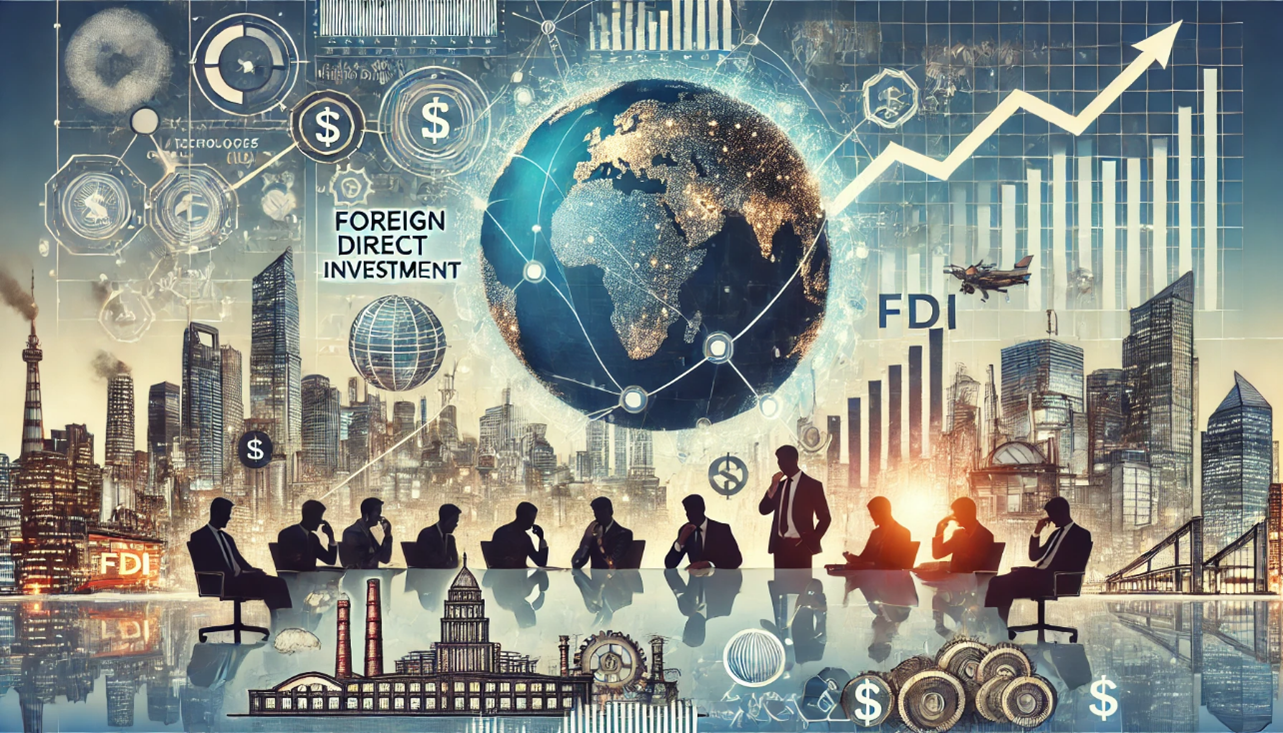 What were the economic effects of the U.S.-China trade war?
What were the economic effects of the U.S.-China trade war?
The U.S.-China trade war, which began in 2018 and escalated through 2019, had wide-ranging economic effects on both countries and the global economy. The trade conflict involved the imposition of tariffs and other trade barriers by the U.S. on Chinese goods, as well as retaliatory tariffs imposed by China on U.S. goods.
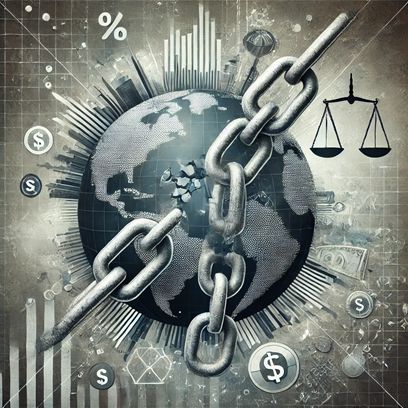 Are economic sanctions an effective tool for influencing political behavior
Are economic sanctions an effective tool for influencing political behavior
Economic sanctions are a frequently used tool in international politics, primarily employed by governments or international organizations to influence the political behavior of other states. The effectiveness of sanctions in achieving their intended goals—whether to change political behavior, promote human rights, or punish undesired actions—has been widely debated.
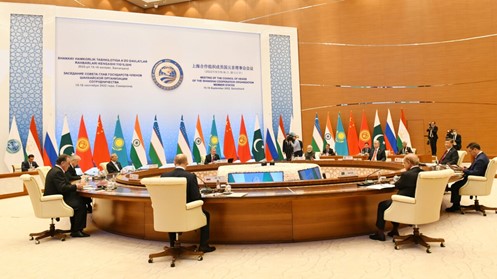 Are non-aligned movements still relevant in today’s geopolitics?
Are non-aligned movements still relevant in today’s geopolitics?
The Non-Aligned Movement (NAM), which was originally formed during the Cold War as a way for countries to avoid being caught in the rivalry between the U.S. and the Soviet Union, still has relevance today in contemporary geopolitics. However, the context in which NAM operates has changed significantly.
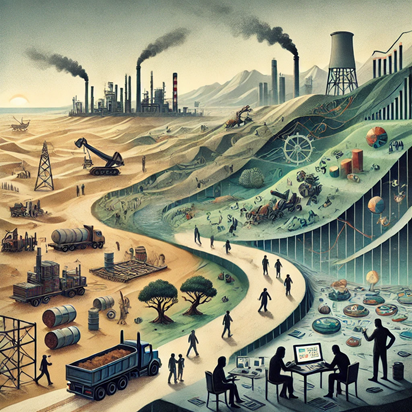 How do sanctioned countries adapt to economic restrictions over time?
How do sanctioned countries adapt to economic restrictions over time?
Sanctioned countries often develop various strategies and mechanisms to adapt to economic restrictions over time. While the effects of sanctions can initially be devastating, over time, governments and societies may find ways to mitigate the impact, develop resilience, and find alternative solutions to maintain economic stability.

